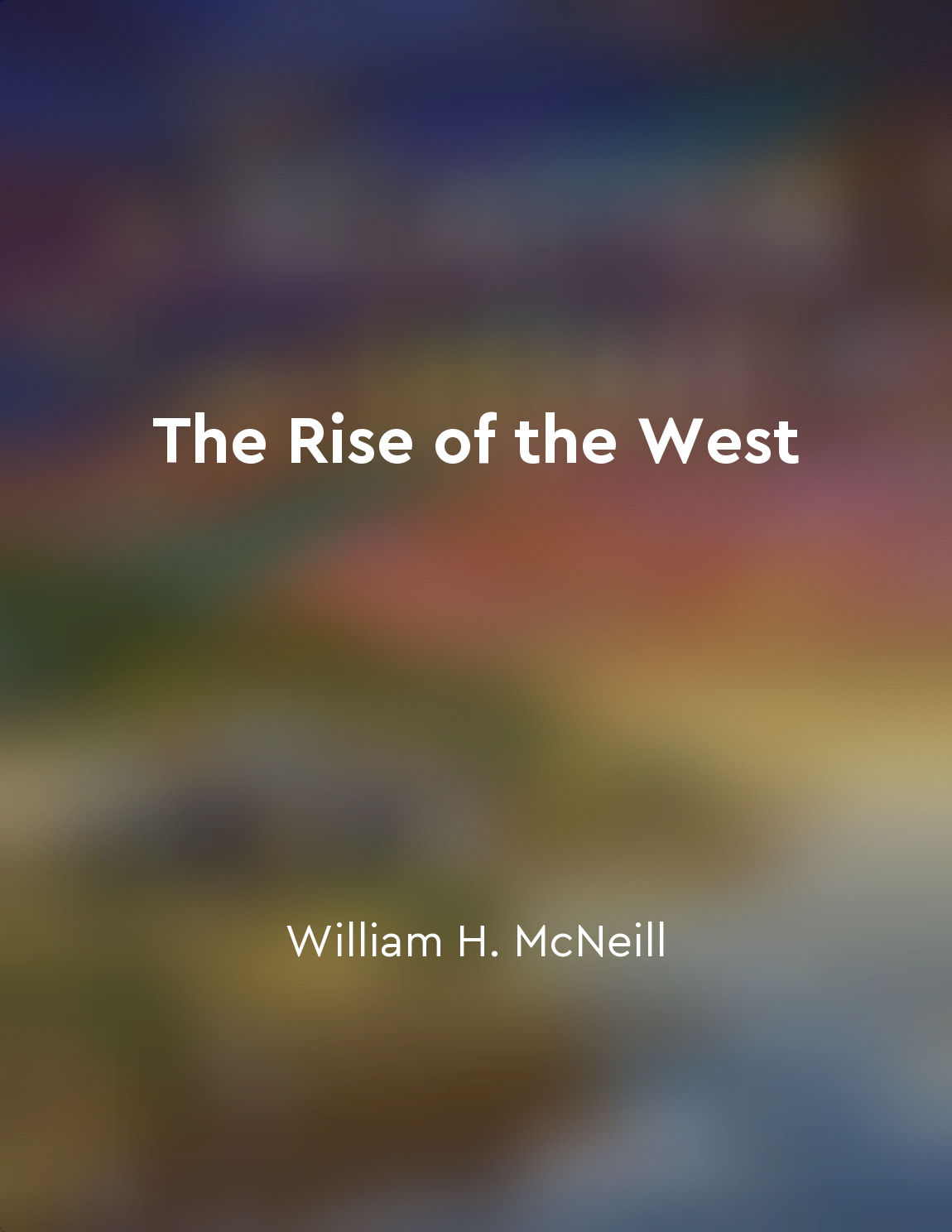Diplomatic recognition from "summary" of International Relations: The Key Concepts by Martin Griffiths,Terry O'Callaghan
Diplomatic recognition is a fundamental concept in international relations, signifying the formal acknowledgment by one state of the existence of another state. This act is crucial in establishing the legitimacy and sovereignty of a state within the international community. Without diplomatic recognition, a state may struggle to engage in diplomatic relations, participate in international organizations, or access crucial resources and support from other states. The process of diplomatic recognition involves a complex interplay of political, legal, and strategic considerations. States may choose to recognize a new state based on a variety of factors, such as shared values, economic interests, or strategic alliances. Conversely, states may withhold recognition for political reasons, such as disputes over territory, human ...Similar Posts

Exploration expanded global knowledge and trade
The voyages of discovery in the fifteenth and sixteenth centuries were of the greatest possible importance. They brought the pe...

Religious and philosophical beliefs influence societal values
Throughout history, the beliefs and philosophies of a society have played a crucial role in shaping its values and norms. Relig...
The protection of individual rights
The preservation of personal liberties and freedoms stands as a cornerstone of any just and stable society. It is through the p...
Concept of natural law
The concept of natural law is a fundamental principle in political philosophy, providing a basis for understanding and evaluati...
Political reforms have promoted peace and stability
Political reforms have promoted peace and stability by reducing the likelihood of conflict between groups. When political syste...
The nations have distinct political ideologies and voting patterns
The United States is not a monolithic entity when it comes to politics; rather, it is a patchwork of distinct nations, each wit...
Wealth distribution
The distribution of wealth among the population is a critical factor in determining the economic well-being of a nation. When w...
Embrace complexity and ambiguity
The world is a complex and ambiguous place, filled with a multitude of interconnected factors that shape our reality. In order ...
Remote sensing and GIS are important technologies
Remote sensing and GIS are indispensable tools for geographical analysis and decision-making. Remote sensing involves the colle...

end of the Cold War, fall of the Berlin Wall
The sudden collapse of the Communist government in East Germany and the subsequent opening of the Berlin Wall took the world by...
